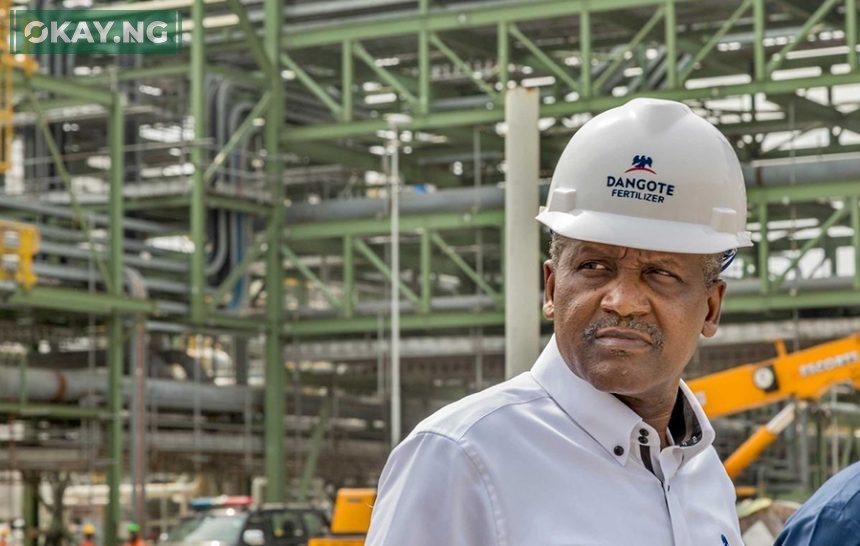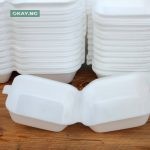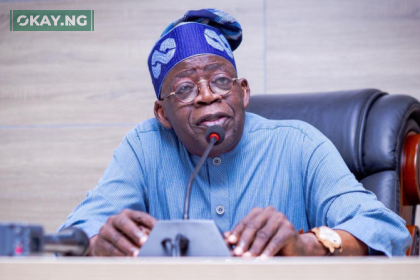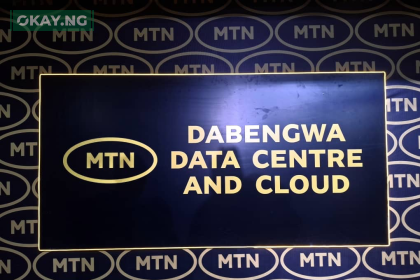The Dangote Petroleum Refinery has firmly rejected claims by oil marketers that it lacks the capacity to satisfy Nigeria’s local fuel needs.
According to refinery officials, the facility produces enough fuel to serve domestic consumption and export surplus to other countries.
This dispute follows remarks from Aliko Dangote, the refinery’s founder, who accused certain “cabals” – major marketers and traders – of opposing the refinery’s success to protect their import businesses. Olufemi Adewole, Executive Secretary of the Depot and Petroleum Products Marketers Association of Nigeria (DAPPMAN), countered these allegations, denying the existence of a cabal but acknowledging vested interests among depot owners who have invested heavily to maintain fuel supply chains.
Adewole claimed that despite the refinery’s large 650,000-barrel daily capacity, it has yet to meet even the reduced local consumption levels, with private depot owners shouldering most distribution responsibilities. He cited the Nigerian Midstream and Downstream Petroleum Regulatory Authority (NMDPRA) chief’s recent statement that the refinery is not meeting local demand.
In contrast, a senior Dangote refinery official, speaking confidentially, said the refinery exports millions of litres daily after meeting local needs and questioned how marketers concluded it could not satisfy domestic demand. The official also suggested that Nigeria’s fuel consumption figures have been manipulated over the years, especially during the subsidy regime, and promised the true numbers would eventually be disclosed.
Another refinery source praised President Bola Tinubu’s policy to ban imports of goods producible locally as essential for economic growth but warned importers would resist this “Nigeria First Policy.”
Adewole accused Dangote of attempting to monopolize the downstream sector, especially after the refinery’s recent price cuts, which have forced many marketers to absorb losses quietly to survive. The Dangote source responded by accusing some importers of profiteering and engaging in round-tripping during the subsidy era.
A consultant to the refinery challenged DAPPMAN and other marketers to disclose the refinery’s actual fuel stock before making claims about its capacity.
Aliko Dangote recently reiterated that the refinery will soon reach full 650,000 barrels per day capacity and that Nigeria consumes only about 40% of its refined products, with the remaining 60% destined for export across Africa. The refinery produces 104 million litres of petroleum products daily, exceeding local consumption of 46 million litres, according to Dangote Group Vice President Davakumar Edwin.
Storage data from February shows the refinery has ample reserves to supply the country for weeks, with millions of litres of petrol, aviation fuel, and diesel stored in numerous tanks.
Dangote emphasized that the refinery will reveal true fuel consumption figures, eliminating fuel smuggling and documentation fraud. Meanwhile, the NMDPRA reported a significant drop in petrol importation from 44.6 million litres per day in August 2024 to 14.7 million litres in April 2025, though daily consumption figures remain contested.
Dangote accused entrenched interests of resisting subsidy removal and refinery operations but expressed confidence in overcoming these challenges, calling the struggle a lifelong fight he is determined to win.













